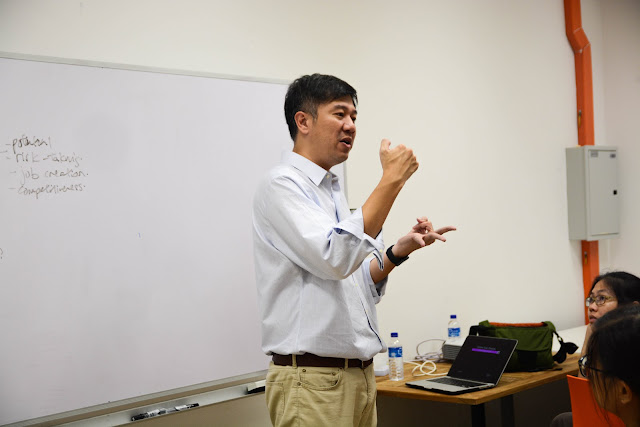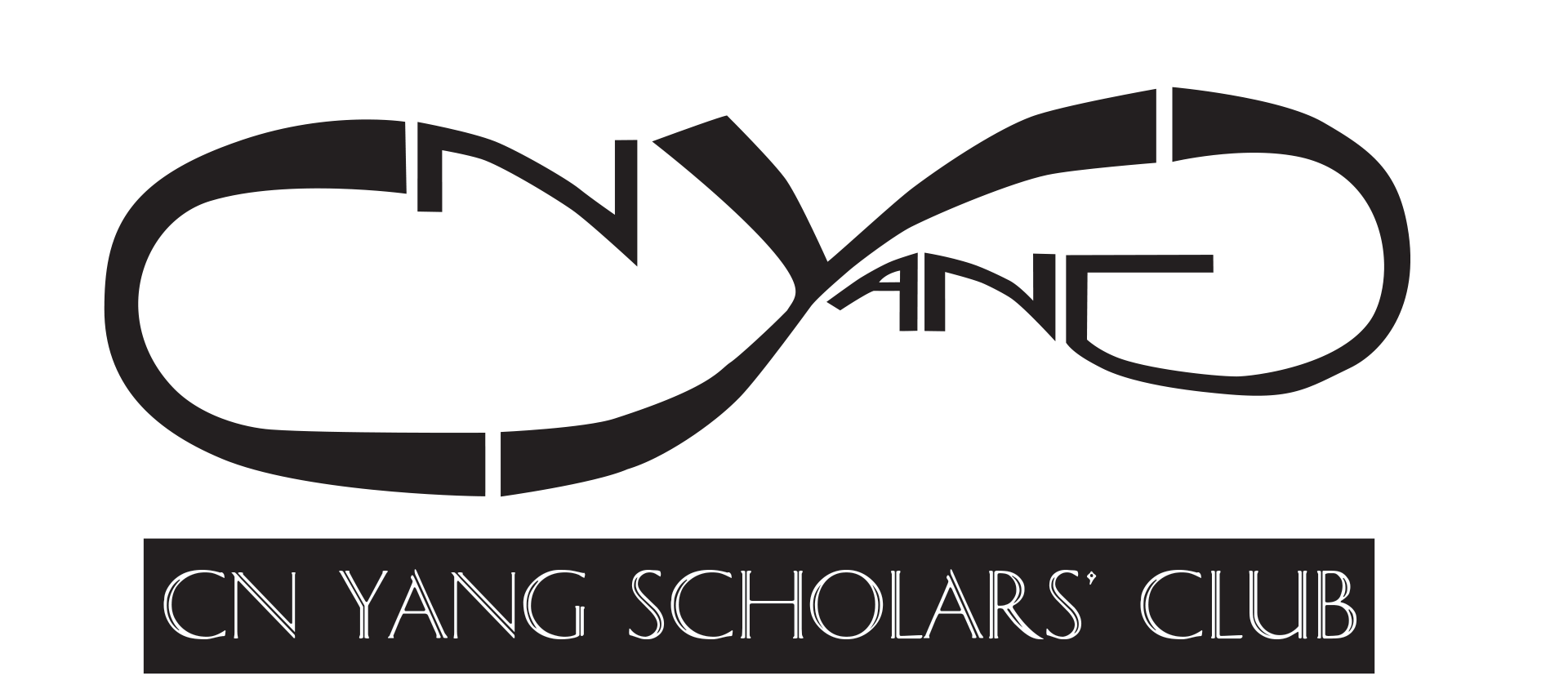[alpine-phototile-for-picasa-and-google-plus src=”user_album” uid=”117382818726251679027″ ualb=”6274163803848216977″ imgl=”fancybox” style=”wall” row=”4″ size=”400″ num=”8″ shadow=”1″ highlight=”1″ align=”center” max=”100″]
Conversations for Social Innovation
BY CNYSC PRESS & PUBLICITY PORTFOLIO
On the 28th of March, we welcomed Tong Yee, a TEDxSingapore speaker from The Thought Collective, to give us a workshop on Conversations for Social Innovation.
We were gathered in one of the seminar rooms after dinner, initially a little reserved and perhaps apprehensive as it was the first time that many of us were participating in workshop built around facilitated conversations and social issues. Tong Yee, however, is a veteran at social innovation. From School of Thought to Think Tank Publishing, Food for Thought and the Common Ground, his works are centred on driving change in the community. His experience in working to solve social issues was evident as he comfortably navigated his way through different topics and questions thrown his way.
 Tong Yee prompting us with some questions
Tong Yee prompting us with some questions
Starting off by asking for questions from the floor to set the parameters for the evening, Tong Yee promptly structured the workshop to answer any questions we might have had. In return, he asked questions that many of us, in our time spent on studying and focusing on individual achievements, never considered. Some of us were left stumped, and perhaps a little ashamed at how we were so naïve about the many issues plaguing our community as a whole.
Introducing us to the current relatively successful model of Singapore’s prison system, Tong Yee highlighted the high costs of running a prison in Singapore. Some of us couldn’t understand why we had to pump in so many resources to keep our prisons going. Just as we were debating amongst ourselves, Tong Yee promptly halted all conversations with one question, “Why is Singapore’s prison system successful?” And therein lies the answer. The high costs were needed for rehabilitation and follow-up actions (such as the Yellow Ribbon Project). These initiatives did not come cheap, but were necessary to integrate ex-convicts back into society, and to avoid condemning them based on their past actions. Yet, however successful these initiatives were, they were getting expensive and possibly unsustainable. “So what do you think we should do to keep costs low and yet maintain an equally successful system?”
From our prisons to our hospitals, we touched on different challenges that multiple segments of society face in keeping organizations sustainable, and the need for innovative solutions to do so.
 Group photo (With Tong Yee ‘photobombing’ us)
Group photo (With Tong Yee ‘photobombing’ us)
Tong Yee wasn’t there to give us answers, but to ask questions. It wasn’t a Question and Answer session, but rather a chance for us to reflect on what we know of current social challenges, and how sheltered we have been. Understanding that we know so little, and being humbled enough to step out and find out more about the context of social issues, is the first step to take before we can realise our potential to effect change in the community.
